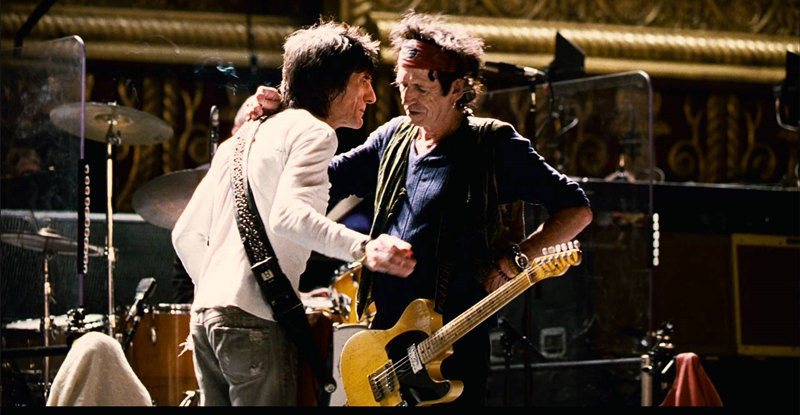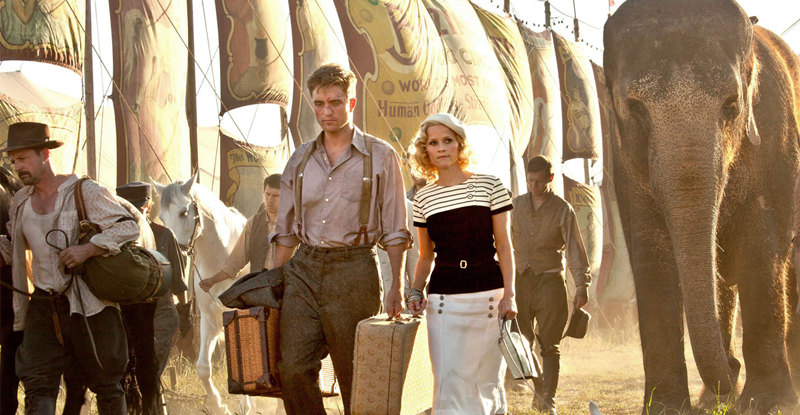Musicals often make the transition from stage to screen, but operas? Not so much.
Opera is highbrow, while movies play to the masses. In the case of “Carmen Jones,” though, the transition had an extra step.
It began as a tragicomic opera by composer Georges Bizet, though “Carmen” ran only 36 performances in 1875. Why? Because even broad-minded Parisians were shaken by a story that featured common people doing common things, and doubly shook by the graphic murder of a main character onstage. Carmen was a gypsy temptress who seduced a naive soldier and convinced him to desert his post and leave his small-town girlfriend. But after he follows her, she falls for a glamorous bullfighter and a romantic triangle unfolds.
In 1943, Robert Russell Bennett and Oscar Hammerstein II turned the opera into a Broadway musical, updating the setting to post-WWII and changing the ethnicity of the characters from Spanish to African American. The bullfighter becomes a boxer, and Carmen a vamp. Billy Rose produced the musical using an all-black cast, and it was revived in 1991 for a season in London.
“Carmen Jones” the movie was released in 1954 by director-producer Otto Preminger, with Bizet’s music left pretty much as it was originally. I can’t describe the songs so that you’ll know what they are, but I can guarantee you that if you grew up watching Warner Bros. cartoons, you’ll recognize most of them.
It stars Dorothy Dandridge as Carmen Jones, a role that earned her the first Academy Award nomination for Best Actress by an African American. It also stars singer Harry Belafonte as the wide-eyed soldier Joe, actress-singer Pearl Bailey, and a young Diahann Carrol a decade before she would break new ground as the first African American to have a non-stereotypical starring role in a sitcom (“Julia”).
Though two of the main cast members were singers, Preminger went with opera singer dubs, the most famous of which was Marilyn Horne (the opera star who was working as a background singer for TV sitcoms before singing Carmen’s part). And while that decision would make Bizet and opera-lovers happy, and while it may have even worked on the big screen, it causes a slight disjunction between the scaled-down home entertainment screens and the BIG, BOLD style of belting out songs. The result, once those songs end, is a curious flatness, because the singing tends to undercut the drama, making it seem anticlimactic. The dialogue can also seem too squeaky clean for the gritty environment, which makes for another disconnect.
But the music is pretty terrific, Dandridge is captivating, and as a period piece “Carmen Jones” excels.
It won’t be for everyone, though, because it’s a ‘50s-style drama with an operatic template superimposed on it, and sometimes you wish for a little more scenic development so that they don’t seem like filler between songs or visuals for Herschel Burke Gilbert’s Oscar-nominated score.
Video:
“Carmen Jones” comes to 50GB Blu-ray disc via an AVC/MPEG-4 encode that’s near flawless. Aside from a few segments that seem unexplainably soft and some flecks and flickers of film imperfections that the digitalization take care of, it’s a pretty solid-looking and well-lit picture—especially for a 1954 film. “Carmen Jones” is presented in 2.55:1 aspect ratio.
Audio:
There’s more disconnection in the audio, because the dialogue often seems slightly flat and front-heavy, while the songs pick up a fuller timbre and make better use of the featured English DTS-HD MA 4.0 audio, even to the point of waking up the bass. The notes are pure and crisp, though they may well remind viewers that ambient sound isn’t as involved as it could be—except during fight scenes. An additional audio option is Spanish Dolby Digital Mono, with subtitles in English SDH and Spanish.
Extras:
The only bonus feature is the theatrical trailer, which hardly makes it worth clicking on the bonus features tab.
Bottom line:
If you’re not a fan of opera, you probably won’t care much for “Carmen Jones,” despite some pretty solid acting and scenes that bring postwar America to life. But it’s still worth watching if you want to see Dorothy Dandridge as the first African American to be nominated for a Best Actress Academy Award.


